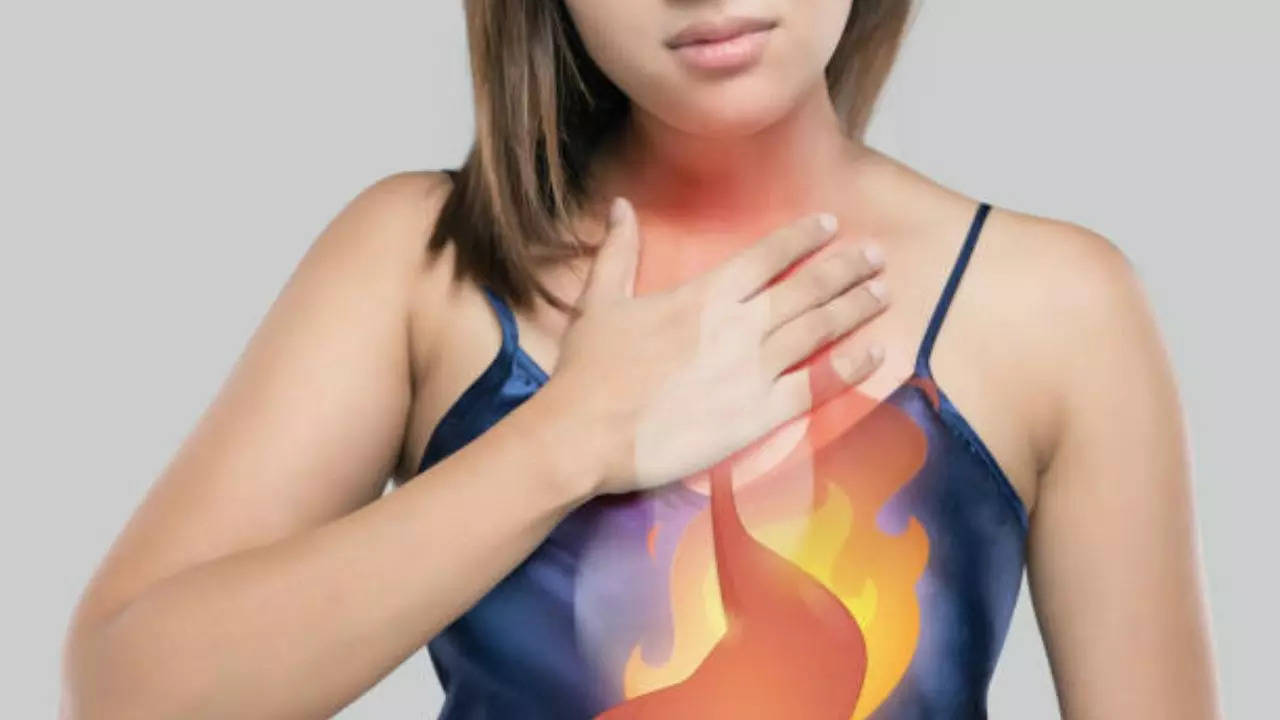Indulging in a festive feast at a family gathering and suddenly feeling chest pain can be alarming. Is it just heartburn, or could it signal something more serious? Understanding the difference between indigestion and potential heart issues could be life-saving, according to Dr Maya Balakrishnan, associate professor of gastroenterology at Baylor College of Medicine. As people age, the likelihood of experiencing either condition rises.
“With age, the muscles controlling the esophagus weaken, increasing the risk of stomach acid reflux into the esophagus,” Balakrishnan explained. “At the same time, the risk of cardiovascular disease grows due to factors like high blood pressure, high cholesterol, and diabetes.” Here’s a breakdown to help you recognize the symptoms of each condition: Heartburn: The Gastrointestinal Culprit Heartburn is commonly linked to large meals or specific foods that trigger stomach acid to flow back into the esophagus.
This results in a burning sensation in the chest or a sour, metallic taste in the mouth. “It’s often related to diet or occurs when people lie down too soon after eating,” Balakrishnan said. The main culprits of heartburn include: - Salty and spicy foods - Tomato-based dishes - Chocolate - Alcohol - Caffeine To avoid heartburn: - Identify and avoid trigger foods.
- Opt for smaller meals. - Take a walk after eating. - Stay upright for three to four hours post-meal.
If heartburn strikes, relief can come from over-the-counter ant.


















